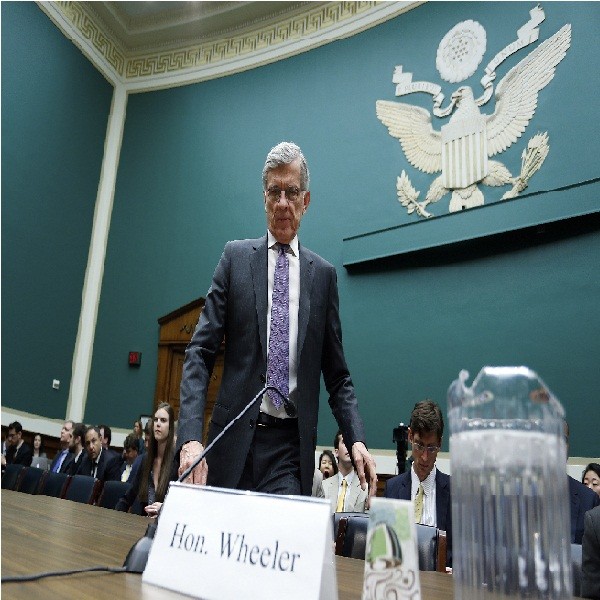The United States Federal Communications Commission finally approved the proposal to subsidize Internet cost in order to help low-income Americans gain access to the net. The proposal was decided by 3:2 votes and will extend the services of the Universal Service Fund, this time covering Internet access.
One of the programs under the Universal Service Fund is Lifeline, which offers $9.25 subsidy per month for land line or cellphone service. However, the growing popularity of the Internet convinced lawmakers to broaden the covered scope of the Lifeline service.
The Lifeline service provides subsidy to more than 18 million people who are qualified to receive food stamps and Medicaid. With the passing of the FCC proposal, the subsidy can now cover monthly broadband costs, according to CNet.
FCC chairman Tom Wheeler said in a press conference, "Broadband has gone from being a luxury to a necessity. But the fact of the matter is that the majority of Americans earning less than $25,000 a year don't have broadband at home."
According to Digital Trends, the Universal Service Fund operates with a vision of providing Americans with accessible and affordable communication services.
Despite the service's massive social benefits, the FCC proposal was also met with criticism. The most notable of criticism is the one that questioned the funds' $2 billion annual budget.
At a recent Senate hearing, Republican legislators expressed their concern about the cost of expanding the program. Some lawmakers also presented that issues of fraud, waste and abuse should be dealt with first before pouring more money into the program.





















